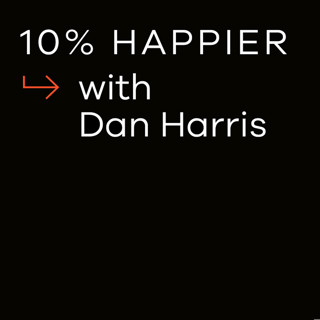Om avsnittet
Virtue is a tricky topic. It’s often sold to us by religious leaders who are thundering judgmentally, and sometimes hypocritically, down to us from the mountaintop. But from the Buddhist perspective, there is actually a deeply self-interested case for ethics and virtue. The Buddhists are not trying to get you to follow a bunch of very specific rules: they are trying to get you to do no harm because that will make you happy. This is part two of our series on a venerable Buddhist list called the Noble Eightfold Path. The three middle items on the list all have to do with ethical conduct. They are: right speech, right action, and right livelihood. Our guest today, Eugene Cash, is gonna talk about this stuff in super practical, non-dogmatic and non-preachy ways. Cash has been a Buddhist teacher since 1990. He's the founding teacher of San Francisco Insight and a senior teacher on the Spirit Rock Teachers Council. His teaching is influenced by many streams of Buddhism— Theravada, Zen and Tibetan. In this conversation we talk about: How to make terms such as virtue and ethics more attractive to skepticsEugene's case that being ethical is in your self-interestHis idea that kindness can actually be hard-nosed and toughHow the Buddha could be hard on people when it was helpful for those peopleHow to use right speech skillfullyWhy he says that practicing right action all day long is his idea of fun The technical versus the holistic understanding of right livelihoodThe difference between “being present” and “presence” And what has kept him devoted to the eightfold path for so many years Full Shownotes: https://www.tenpercent.com/podcast-episode/eugene-cash-595See Privacy Policy at https://art19.com/privacy and California Privacy Notice at https://art19.com/privacy#do-not-sell-my-info.

